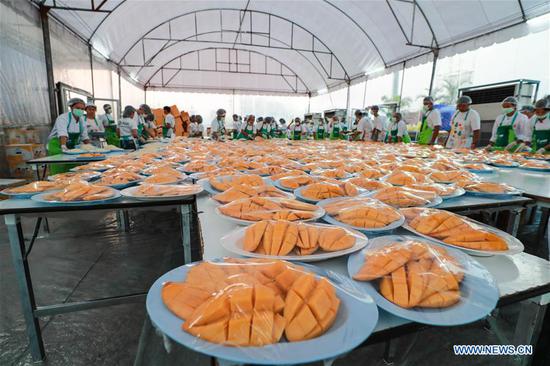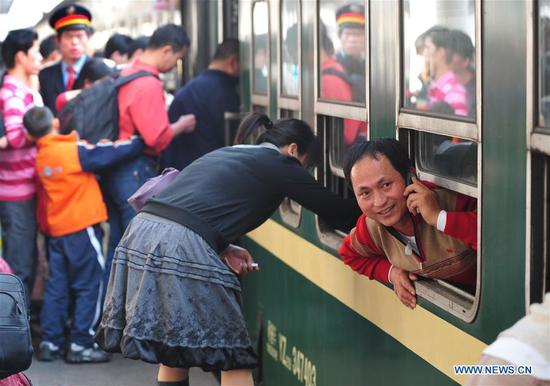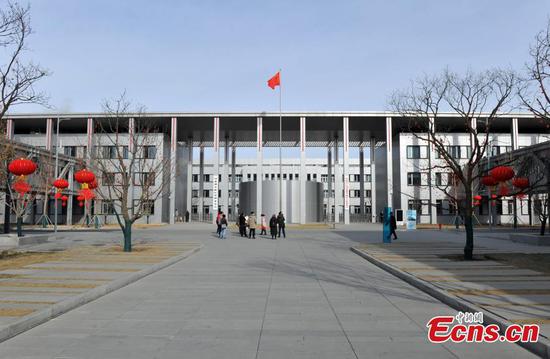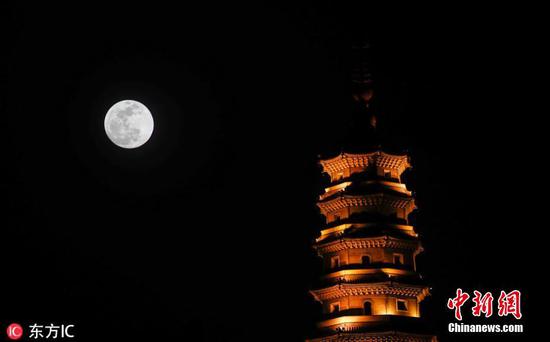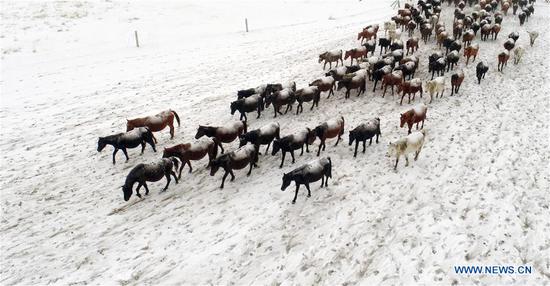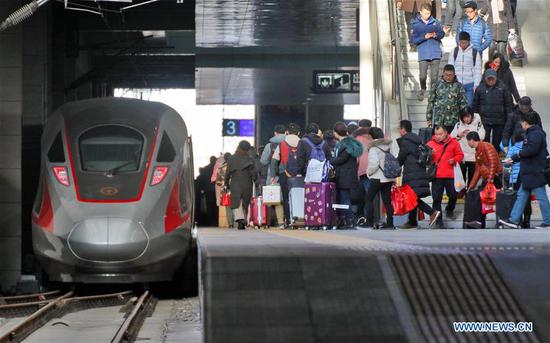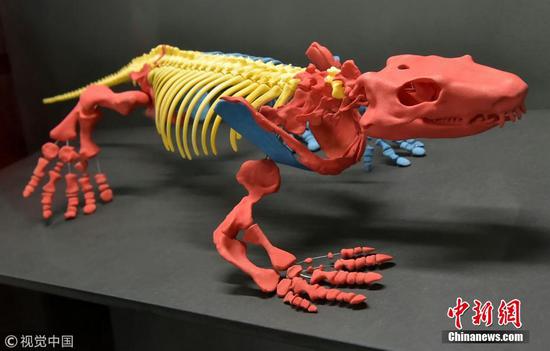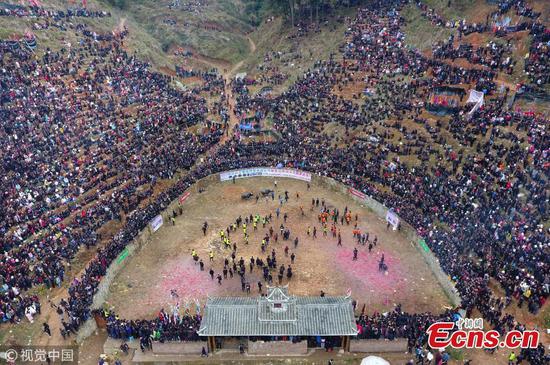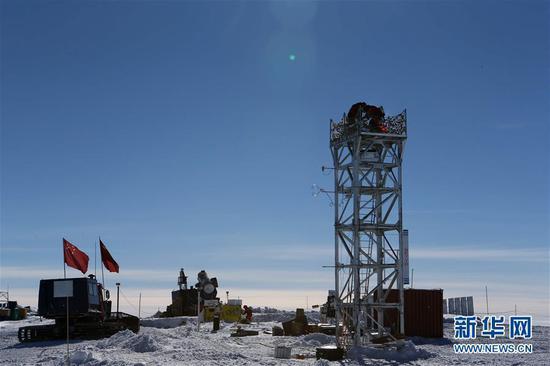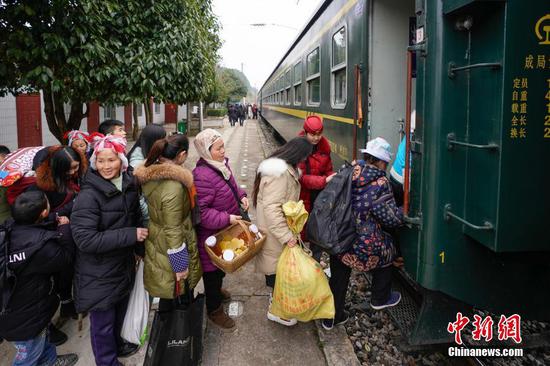Chinese mainland's 1.395b people expected to be surpassed by India soon
The number of newborns in China has dropped to 15.23 million in 2018, marking the lowest number since 1961.
A continued decline is predicted by demographers, which would allow India to soon replace China as the world's most populous country.
The figure, which was revealed by the National Bureau of Statistics (NBS) at a press conference on Monday, was 2 million less than that of 2017. The figure for 2016, the year China started to allow all couples to have two children, stood at 18.5 million.
"The sharp drop by 2 million means that China's population has entered a fast-shrinking phase from 2018, which comes earlier than many experts predicted years ago," Huang Wenzheng, a demographics expert, told the Global Times on Monday.
The Chinese mainland population was 1.395 billion by the end of 2018, the NBS revealed.
After implementing the "two-child policy" in 2016, China's top health authority predicted the number of newborns in 2018 would be 790,000 more than 2017.
He Yafu, another demographer, told the Global Times that the birth population in 2018 was the lowest since 1961. Both demographers predicted China will continue to witness decline in newborns in following years.
"The figure in 2019 may drop by as much as 1 million, and gradually China may see its birth population drop to below 10 million by around 2027," Huang stated.
In comparison, the second most populous country in the world and home to around 1.3 billion people, India, will soon overtake China.
There have been 25 million newborns annually in India in recent years.
Although India has high death rates for newborns and many other issues, its growing number of newborns will in time provide a strong support for its economy, Huang said.
According to a UN report in 2017, India's population will surpass that of China by 2024.
He Yafu said the drop in birth population in China over the past two years was due to a decline in the number of women of childbearing age, and the growing cost of raising children.
Separate to its number of newborns, China's working-age population, aged between16-59, stood at 897 million in 2018. This number has been in decline for seven successive years.
The prolonged low birth rate and relatively small working-age population will negatively influence China's economy and society. One such issue is the growing elderly population and how to deal with its unprecedented numbers, He said.
Despite these statistics, Ning Jizhe, head of the NBS, called the number of newborns in 2018 "considerable" during a press conference on Monday after releasing the figures. Ning elaborated that China's population has still seen positive growth in 2018 and that the country's demographic dividend persists, and the demographic structure changes with the economic and social development.
















